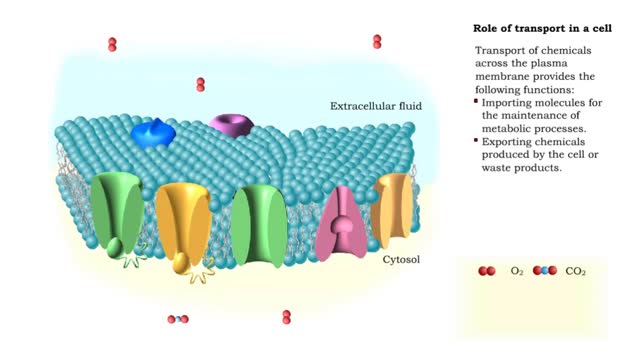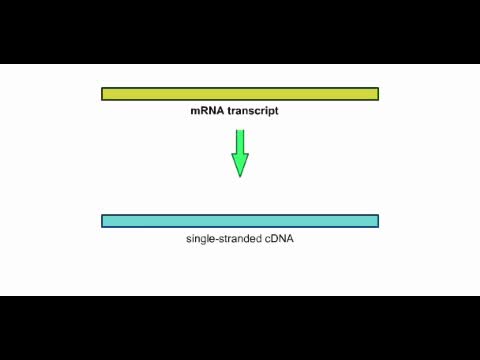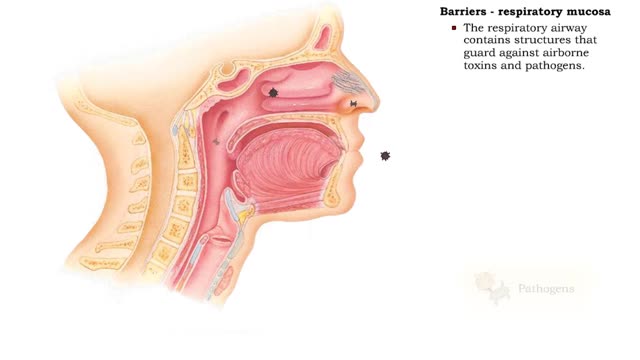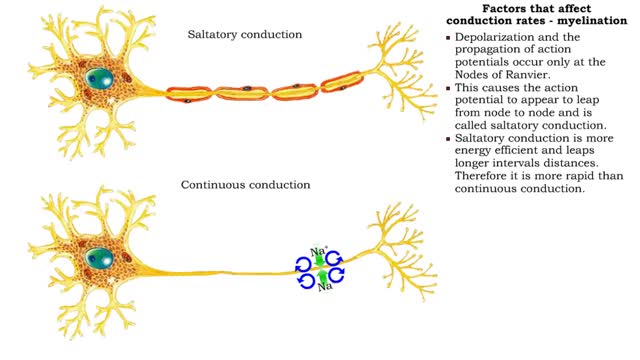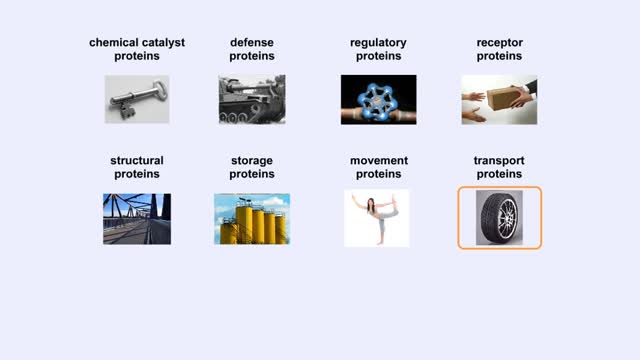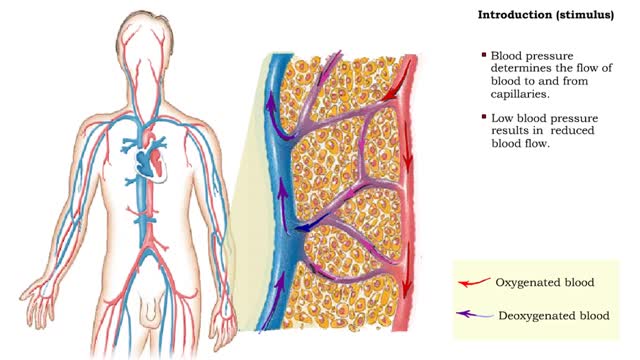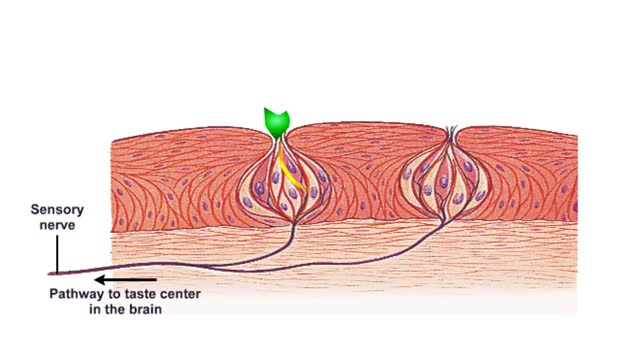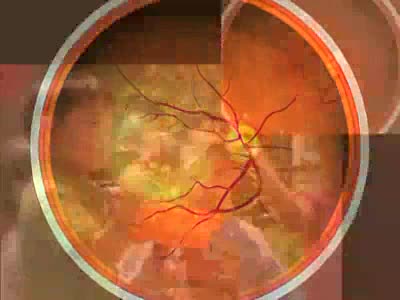Search Results
Results for: 'Four Giant Convection Cells oF Earth'
By: HWC, Views: 10633
Transport of chemicals across the plasma membrane provides the following functions: Importing molecules for the maintenance of metabolic processes. Exporting chemicals produced by the cell or waste products. Communicating with other cells, allowing for the generation and conduction of a...
By: HWC, Views: 5015
This animation shows how an mRNA transcript can be used to make a cDNA strand.
Barriers - eye structures, digestive mucosa, respiratory mucosa & genitourinary mucosa
By: HWC, Views: 10859
• Eyebrows, eyelids, eyelashes and conjunctiva serve to trap microbes preventing their invasion. • Tearing (lacrimation) is a protective mechanism that washes away microbes that attempt to enter the eyes. • Salts, mucus, and lysozymes in tears neutralize substances and bacteria. �...
Factors that affect conduction rates (myelination, axon diameter & temperature)
By: HWC, Views: 10700
• Several factors determine the rate of conduction of action potentials: • Myelination • Axon diameter • Temperature • The step-by-step depolarization of an axon is called continuous conduction and occurs along unmyelinated axons. • Neurons in the PNS have many axons that ...
How proteins function? How do proteins work?
By: HWC, Views: 10200
How proteins function is really about how proteins "do work" in cells. How do proteins work? Let's start thinking about protein function by looking at something important to you: your hair. Keratin is a structural protein that is composed of 2 intertwined or helical strands. Keratin is also f...
By: HWC, Views: 10242
• Blood pressure determines the flow of blood to and from capillaries. • Low blood pressure results in reduced blood flow. • High blood pressure can cause blood vessels to break. In humans, sensitivity is due to portions of the nervous system called receptors. Receptors are typicall...
What are Taste Receptors? How Does it Work? Animation
By: HWC, Views: 7456
Do you ever wonder how you can taste the foods you eat? It all starts with taste receptors in your muscular tongue. Taste receptor neurons are found in your taste buds but you are not looking at the taste buds. The raised bumps on the surface of the tongue that you see are specialized epith...
Introduction to Macular Degeneration
By: Administrator, Views: 13567
Macular degeneration An incurable, age-related, progressive eye disease that affects more than 10 million Americans. Leading cause of blindness for those ages 55 and older. Macular degeneration For the first time, researchers have linked gene defects to macular degeneration. Could lead to ...
By: Administrator, Views: 13723
Hyposecretion or inadequate use of insulin may result in diabetes mellitus (DM). Hypersecretion of insulin may result in hyperinsulinism. Diabetes mellitus is the most common endocrine system disorder of childhood. Symptoms include: Polyuria Polydipsia Polyphagia Management of DM durin...
Advertisement



